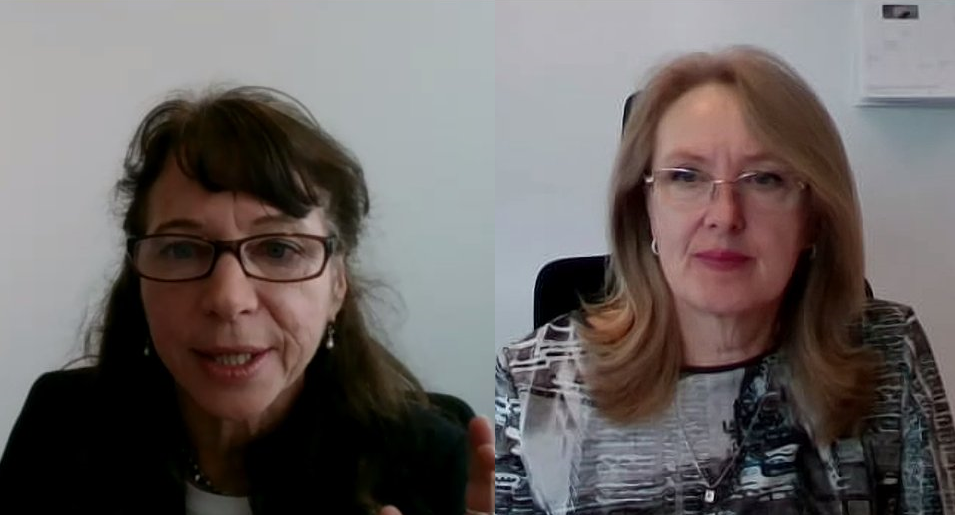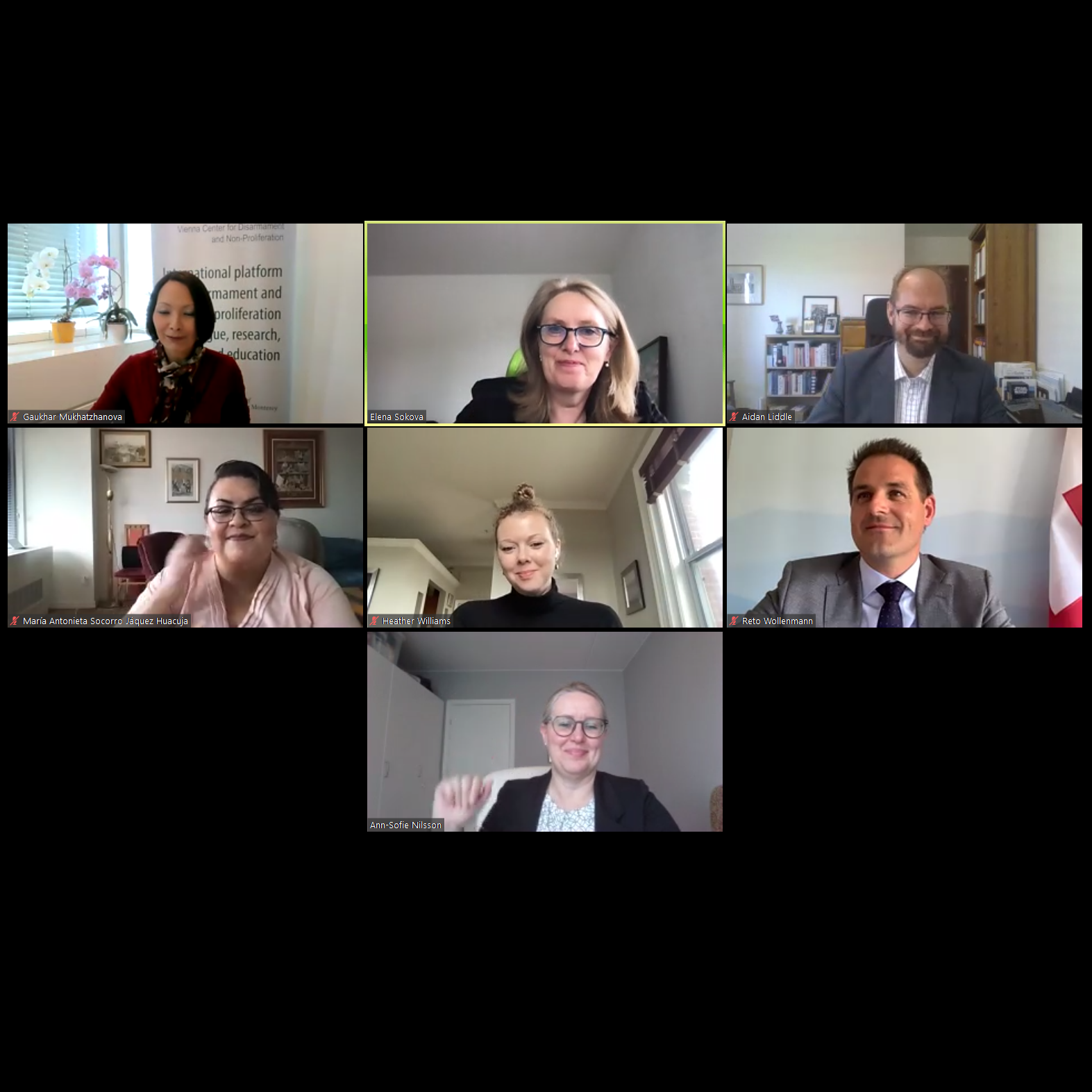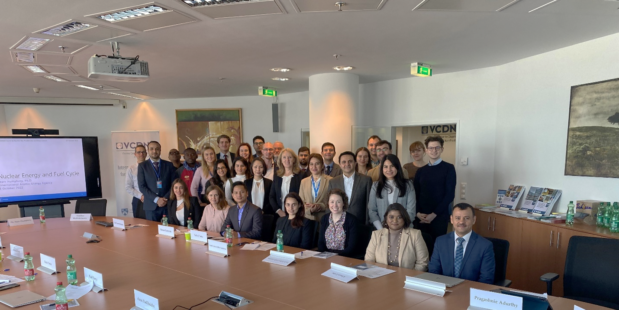
On 23 March 2023, the VCDNP hosted a webinar on international norms, the nuclear taboo, and the risk of use of nuclear weapons with Dr. Nina Tannenwald, a renowned international relations scholar. Dr. Tannenwald, who elaborated the concept of the nuclear taboo in her 2007 book, is Senior Lecturer in Political Science, Brown University and the 2022-23 Fulbright Visiting Scholar at the Vienna Diplomatic Academy. VCDNP’s Executive Director Elena K. Sokova moderated the webinar.

Dr. Tannenwald defined the nuclear taboo as an international norm on non-use, particularly no-first-use, of nuclear weapons and discussed its origins in the anti-nuclear movement, driven by the revulsion at the indiscriminate effects of nuclear weapons use. Reviewing key periods of the anti-nuclear movement, from the 1950s to the present day, she argued that the single most important contribution of the disarmament movement has been the stigmatization of the bomb, the argument that nuclear weapons are not “just another weapon.” She highlighted in particular the current period, which began with the President Barack Obama’s 2009 Prague Speech and includes the Humanitarian Initiative and conclusion of the Treaty on the Prohibition of Nuclear Weapons (TPNW), which codified the norm against the use of nuclear weapons.
Strategic interests and strive for stability between the United States and Soviet Union had also served to strengthen the taboo. Being the most important norm of nuclear restraint, Dr. Tannenwald argued, the nuclear taboo also reinforces nuclear deterrence, discouraging the first use of nuclear weapons.
Addressing the current situation, Dr. Tannenwald discussed how the nuclear taboo is under pressure, particularly in light of nuclear threats repeatedly issued by Russia President Vladimir Putin after the February 2022 invasion of Ukraine. The threats themselves, as well as the numerous discussions of potential nuclear use scenarios they have spurred, risk normalizing the idea of nuclear weapons use and undermine the taboo. At the same time, she noted that the international response to Russia’s nuclear threats had been quite strong, highlighting in particular different statements – by the UN Secretary-General Antonio Guterres and others – that the use of nuclear weapons would be “unacceptable” or “inadmissible.” She underscored that such response is crucial for reinforcing the nuclear taboo and that world leaders should publicly reaffirm their commitment to the norm against nuclear weapon use.

After her remarks, Dr. Tannenwald responded to a variety of questions from the audience, discussing the impact of the war in Ukraine on the salience of nuclear weapons, the importance of the TPNW for the future of the nuclear taboo and stigmatization of nuclear weapons, and other issues. Commenting on the fact that neither the First Meeting of States Parties to the TPNW, nor the Tenth NPT Review Conference specifically condemned Russia’s nuclear threats, Dr. Tannenwald argued that it is important to recognize the distinction between an explicit nuclear threat under specific circumstances and “background threats” inherent in nuclear deterrence policies.
The webinar was one in the series supported by the Austrian Federal Ministry for European and International Affairs and part of the program of the VCDNP’s short course on nuclear non-proliferation and disarmament.
The full recording is available below.

